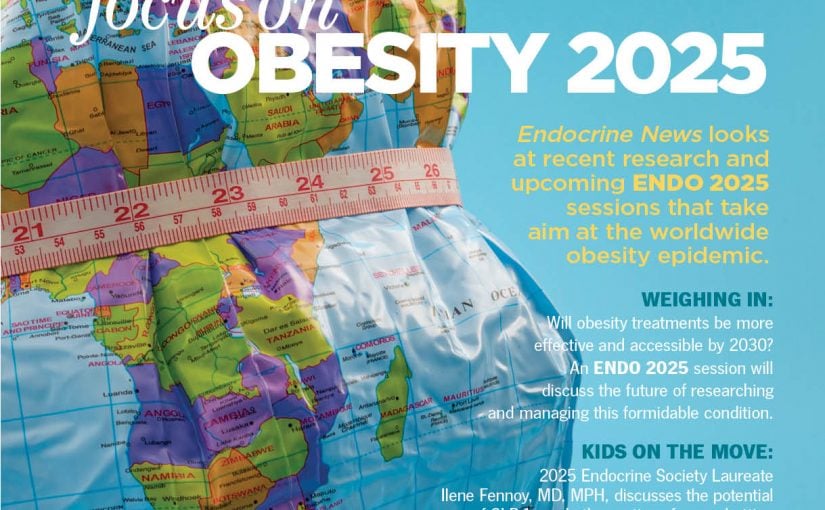For the fifth year in a row, Endocrine News spoke with editors from Endocrine Society journals to get the scoop on the top endocrine discoveries of 2019. Here is part 2 of Eureka! 2019.
Endocrinology associate editor Patricia Brubaker, PhD, FRSC, professor, Departments of Physiology and Medicine at the University of Toronto, in Ontario, credits “Gestational Diabetes Adversely Affects Pancreatic Islet Architecture and Function in the Male Rat Offspring” by Dolinsky, V.W., et. al. from August as worth highlighting.
Prior studies have shown that exposure to diabetes during pregnancy impaired beta cell function in offspring and correlated with early-onset type 2 diabetes, possibly due to altered gene expression. For this study, researchers induced gestational diabetes mellitus (GDM) in female rats via diet to determine how GDM influences pancreatic islet structure and function in one-day-old neonates and in 15-week-old (young adulthood).
“The findings provide novel testable hypotheses that may help us to understand the generational impact of diabetes during pregnancy.”
In male offspring fed high-fat, high-sugar diets, insulin and glucagon secretion were significantly reduced. Thus, effects on islet gene expression were worse in male rats than they were on control in terms of inflammation, mitochondrial function/oxidative stress resistance, and ribosomal proteins.
“This study demonstrated, in a rat model, that gestational diabetes causes significant changes in islet gene expression that are linked to impaired glucose homeostasis in the adult offspring,” Brubaker syas. “The findings provide novel testable hypotheses that may help us to understand the generational impact of diabetes during pregnancy.”
Below are the studies from the “Eureka 2019!” article in the December Endocrine News:
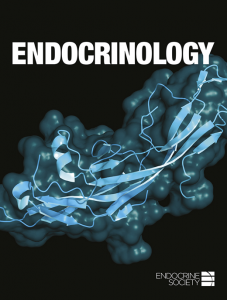
Sex Differences in Inflammatory Responses to Adipose Tissue Lipolysis in Diet-Induced Obesity,” Singer, K., et. al. February 2019
“Fibroblast Growth Factor-21 Controls Dietary Protein Intake in Male Mice,” Ryan, K.K., et. al. fMay 2019
“The Gut Microbiome Derived from Anorexia Nervosa Patients Impairs Weight Gain and Behavioral Performance in Female Mice,” Sudo, N., et. al. October 2019
“Neonatal Estrogen Causes Irreversible Male Infertility via Specific Suppressive Action on Hypothalamic Kiss1 Neurons,” Tsukamura, H., et. al. May 2019
“Transgenerational Bisphenol A Causes Deficits in Social Recognition and Alters Postsynaptic Density Genes in Mice,” Rissman, E.F., et. al. August 2019
“Gestational Diabetes Adversely Affects Pancreatic Islet Architecture and Function in the Male Rat Offspring,” Dolinsky, V.W., et. al. August 2019
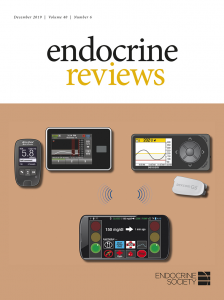
“Genetic Risk Scores for Diabetes Diagnosis and Precision Medicine,” Mahajan A., et al. July 2019
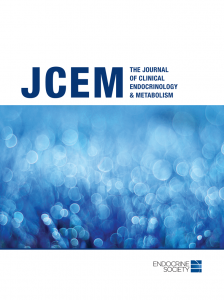
“Lipid Metabolism Links Nutrient-Exercise Timing to Insulin Sensitivity in Men Classified as Overweight or Obese,” Wallis G.A. and Gonzalez J.T., et. al. October 2019
“DNA Methylation of Tumor Suppressor Genes in Pituitary Neuroendocrine Tumors,” Picó A., et. al. April 2019
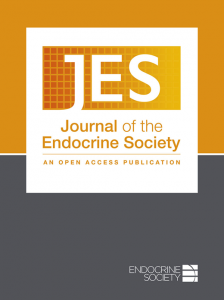
“Depression in Nonclassical Hypogonadism in Young Men,” Korenman, S.G. November 2018
“Magnetic Resonance Imaging Reveals Human Brown Adipose Tissue Is Rapidly Activated in Response to Cold,” Steinberg, G.R. and Morrison, K.M., et. al. October 2019
“E-Cigarette Exposure Delays Implantation and Causes Reduced Weight Gain in Female Offspring Exposed In Utero,” Caron K.M., et. al. October 2019
New England Journal of Medicine
“An Anti-CD3 Antibody, Teplizumab, in Relatives at Risk for Type 1 Diabetes,” Herold, K.C., et. al. August 2019

